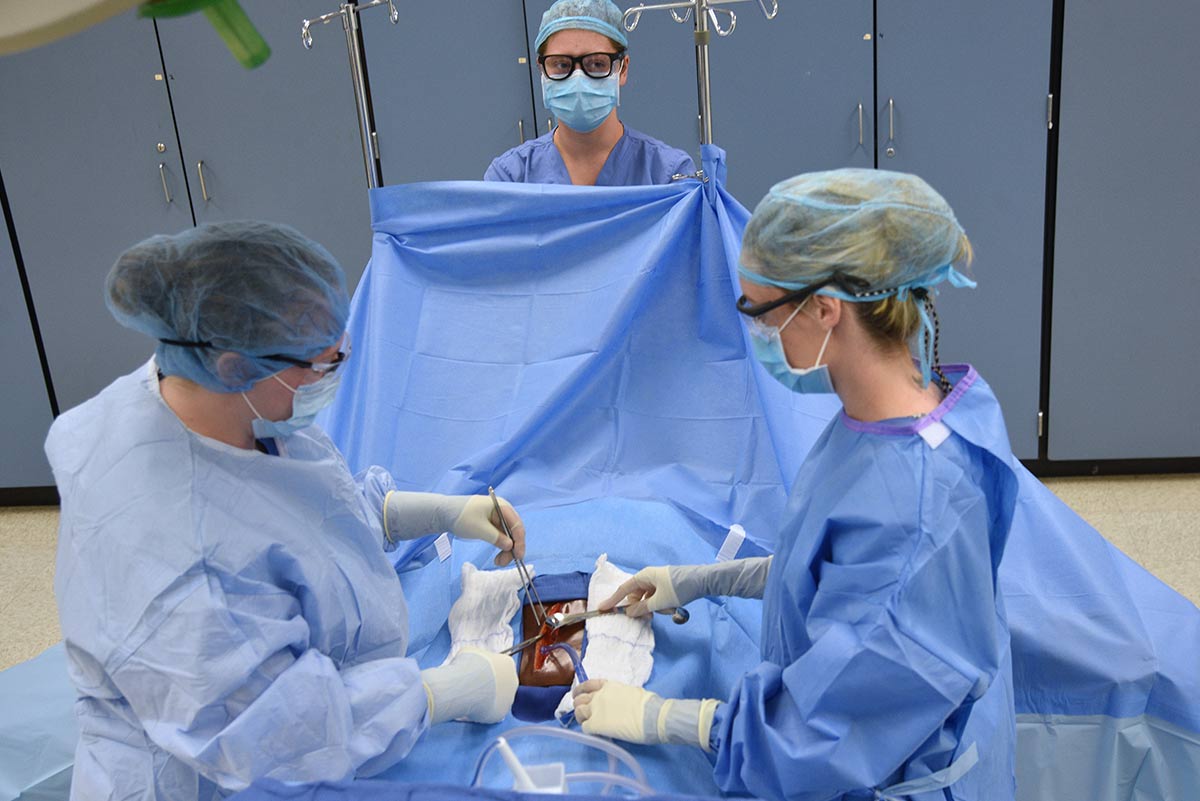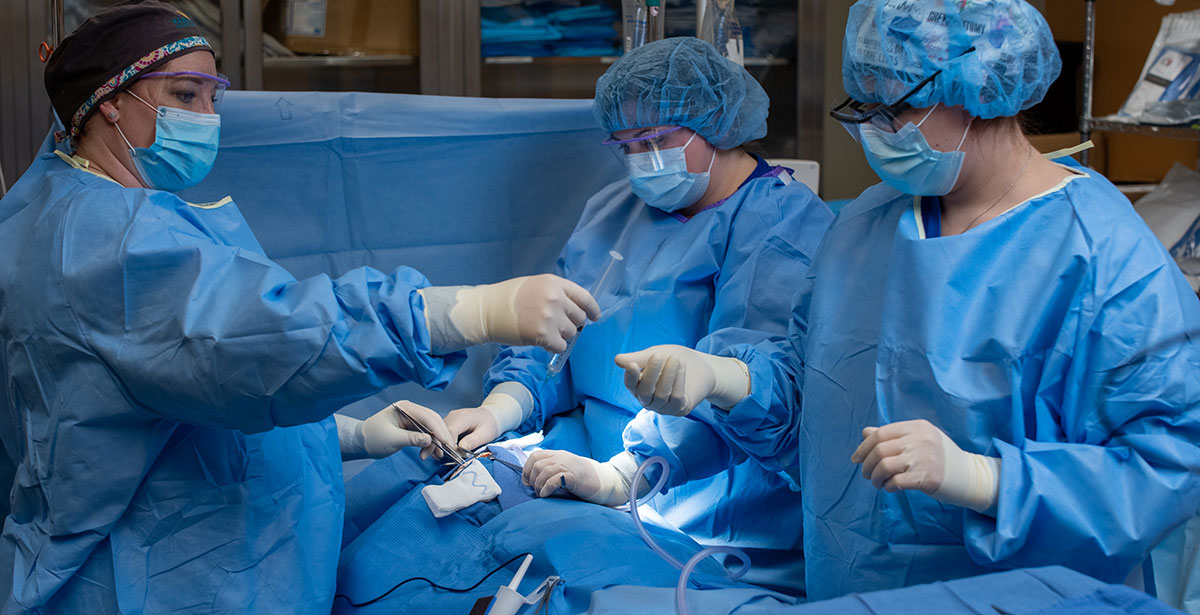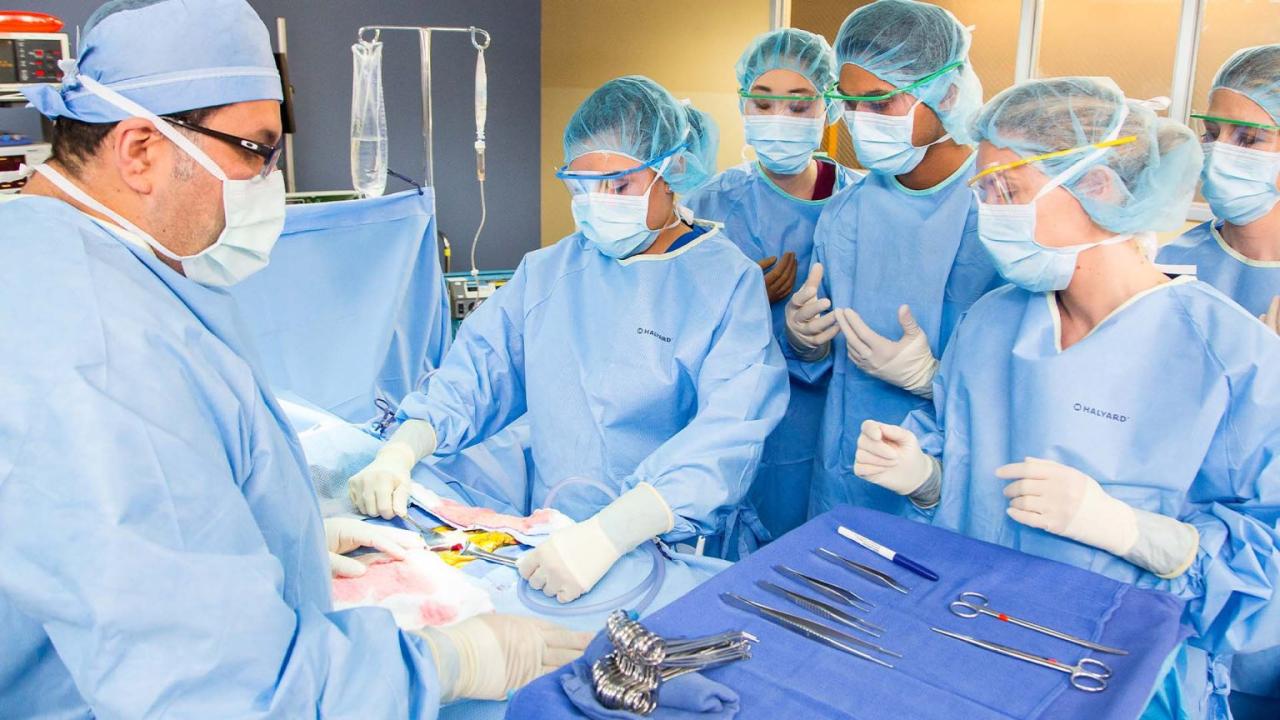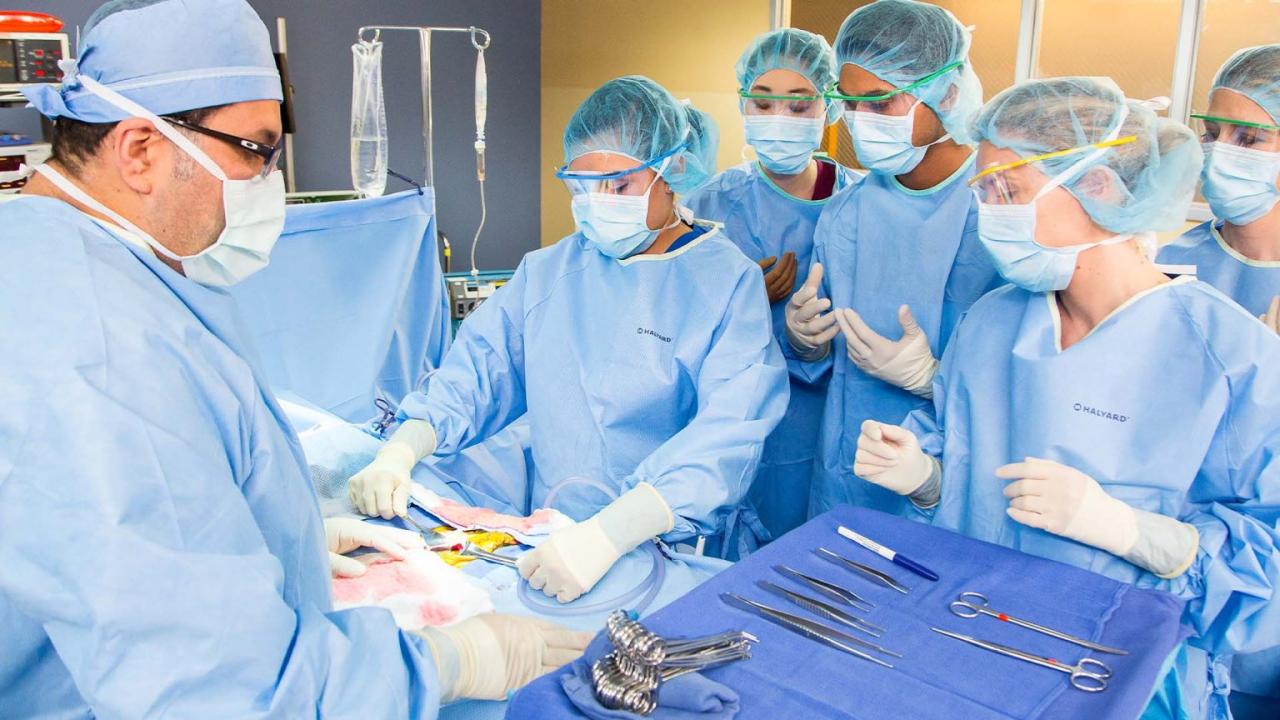Surgical tech programs near me with financial aid options: Want to become a surgical tech but worried about the cost? This guide breaks down how to find affordable programs in your area. We’ll cover everything from locating programs and exploring financial aid options like grants and scholarships to understanding program curriculums, career prospects, and accreditation. Get ready to launch your surgical tech career!
Finding a surgical tech program near you that offers financial aid can be tricky, but totally doable! Check out online resources and contact schools directly. Need help researching? Use an ai voice generator to create a script for your calls – it can help you efficiently gather information about tuition and funding options. Remember to compare programs and their financial aid packages before making a decision to find the best fit for your future in surgical technology.
Finding the right surgical technology program is a crucial first step. This involves researching local programs, comparing their offerings, and understanding the financial implications. We’ll help you navigate the search process efficiently, making sure you find a program that fits your needs and budget. We’ll also explore different types of financial aid and how to apply, ensuring you have the resources you need to succeed.
Finding Local Surgical Tech Programs
Locating surgical technology programs near you and understanding the financial aid options available is crucial for a successful career path. This section provides resources and strategies to efficiently find suitable programs.
Utilizing Online Resources for Program Search, Surgical tech programs near me with financial aid options
Several websites and search strategies can help you find surgical technology programs in your area. Effective search terms should include “surgical technology program,” “surgical tech school,” and your city or state. Adding terms like “financial aid” or “scholarships” refines your search.
Here are some useful websites:
- The Association of Surgical Technologists (AST): The AST website often has a program directory or links to helpful resources.
- National Center for Education Statistics (NCES): The NCES provides data on accredited postsecondary institutions, including surgical technology programs.
- State Boards of Education/Licensing: Check your state’s board of education or licensing website for approved programs within your state.
- Online Program Directories: Many online directories list various vocational and healthcare programs, including those for surgical technology.
Sample Search Query: “surgical technology program [your city, state] financial aid”
Comparing Program Search Methods
| Search Method | Pros | Cons | Reliability |
|---|---|---|---|
| Online Directories (e.g., Peterson’s, GradSchools.com) | Broad reach, easy to filter by location and program type | May include outdated or inaccurate information; some require subscriptions | Moderate |
| Professional Association Websites (e.g., AST) | Focus on accredited programs, potential access to member resources | May have limited listings outside of the association’s network | High |
| State Boards of Education | Ensures program is state-approved and licensed | May not list all programs, particularly those outside the state | High |
| Directly contacting hospitals or healthcare facilities | Provides insight into potential clinical placements and employment opportunities | More time-consuming, may not yield a comprehensive list of programs | Moderate to High |
Understanding Financial Aid Options
Funding your surgical technology education is achievable through various avenues. Exploring these options early in your planning process is essential.
Types of Financial Aid
Several financial aid options exist to help you afford a surgical technology program. These include:
- Grants: These are typically need-based and do not require repayment.
- Scholarships: These are often merit-based or awarded based on specific criteria (e.g., academic achievement, community involvement).
- Loans: These require repayment with interest after graduation. Federal student loans offer more favorable terms than private loans.
Applying for Federal Student Aid (FAFSA)

The Free Application for Federal Student Aid (FAFSA) is the primary application for federal student aid, including grants, loans, and work-study programs. Completing the FAFSA accurately and on time is critical to maximizing your financial aid eligibility.
The application process involves creating an FSA ID, gathering necessary tax and financial information, and submitting the completed application online.
Scholarship Opportunities
Many organizations offer scholarships specifically for surgical technology students. These can be found through professional organizations like the AST, individual hospitals, and educational institutions.
Some scholarships may target students from underrepresented groups or those with specific academic achievements or financial needs.
Potential Funding Sources

- Hospitals and Healthcare Systems: Many hospitals offer tuition reimbursement or scholarship programs for their employees pursuing further education, including surgical technology.
- Professional Organizations (e.g., AST): The AST and other surgical technology organizations may offer scholarships or grants to their members.
- Private Foundations and Organizations: Numerous private foundations and organizations provide scholarships for students in healthcare fields.
Program Curriculum and Requirements
Surgical technology programs vary in length and structure, but all aim to equip students with the necessary skills and knowledge for a successful career. Understanding the curriculum and admission requirements is crucial.
Typical Surgical Technology Curriculum
A typical surgical technology program curriculum includes didactic instruction (classroom learning) and extensive hands-on clinical experience. Coursework typically covers surgical procedures, anatomy and physiology, sterilization techniques, surgical instrumentation, and patient care.
Key Skills and Competencies
Graduates of surgical technology programs develop a range of essential skills, including:
- Surgical instrument and equipment knowledge
- Sterile technique and infection control
- Patient preparation and positioning
- Surgical assisting and wound closure
- Medical terminology and documentation
Program Types
Surgical technology programs are offered at different levels:
- Certificate Programs: Typically shorter programs, focusing on practical skills.
- Associate’s Degree Programs: Provide a broader foundation in surgical technology, often including more theoretical coursework.
- Bachelor’s Degree Programs: Offer advanced coursework and may include specialization options.
Admission Requirements
Typical admission requirements for surgical technology programs include:
- High school diploma or GED
- Minimum GPA (often a 2.5 or higher)
- Background check and drug screening
- Healthcare-related experience (sometimes required)
- Completion of prerequisite courses (e.g., anatomy and physiology)
Career Outlook and Salary Expectations
The career outlook for surgical technologists is positive, driven by the growing demand for healthcare professionals. Understanding salary expectations and career paths is vital for planning.
Job Market Outlook
The Bureau of Labor Statistics projects steady growth in the demand for surgical technologists. Factors contributing to this growth include an aging population and advancements in surgical techniques.
Salary Ranges
Surgical technologist salaries vary based on experience, location, and employer. While exact figures vary widely, expect a range reflecting regional cost of living differences.
For example, major metropolitan areas tend to offer higher salaries than smaller towns or rural areas.
Career Paths
Surgical technologists can pursue various career paths, including:
- First assistant in surgery
- Surgical educator or trainer
- Management roles within surgical departments
- Specialized surgical areas (e.g., cardiovascular, neurosurgery)
Impact of Accreditation
Accreditation of your surgical technology program significantly impacts job prospects and earning potential. Employers often prefer graduates from accredited programs, as this indicates a higher standard of education and training.
Program Accreditation and Licensing
Accreditation and licensure are critical for surgical technology programs and professionals. Understanding these aspects ensures you choose a reputable program and meet legal requirements.
Importance of Program Accreditation
Accreditation signifies that a surgical technology program meets established quality standards. It ensures the curriculum is comprehensive, the faculty is qualified, and the facilities are adequate.
Accrediting Bodies
Several organizations accredit surgical technology programs. The Commission on Accreditation of Allied Health Education Programs (CAAHEP) is a prominent accrediting body.
Licensure and Certification
Licensing and certification requirements for surgical technologists vary by state. Some states require licensure, while others may offer voluntary certification through organizations like the National Board of Surgical Technology and Surgical Assisting (NBSTSA).
Accreditation Agencies and Standards

| Accreditation Agency | Standards Focus | Recognition | Website (Example) |
|---|---|---|---|
| CAAHEP | Curriculum, faculty, facilities, student outcomes | Widely recognized | Example.com |
| Another Agency (Example) | Focus on specific aspects, e.g., clinical experience | Regional or national recognition | Example.com |
Illustrative Example of a Program
Let’s consider a hypothetical surgical technology program to illustrate key features. This example is for illustrative purposes and does not represent any specific program.
Looking for surgical tech programs near you that offer financial aid? It’s a smart move to explore funding options, and while you’re researching, you might also check out this interesting article: Apple Siri Eavesdropping Payout—Here’s Who’s Eligible And How. Unexpected windfalls can help with tuition costs, so it’s worth a look! Then, get back to comparing those surgical tech programs and their financial aid packages.
Hypothetical Surgical Technology Program: “City Central Surgical Tech Institute”
This program offers an Associate of Applied Science (AAS) degree in Surgical Technology. The curriculum spans two years and includes didactic coursework and extensive clinical rotations in a variety of surgical settings within affiliated hospitals.
Curriculum Highlights: Anatomy and Physiology, Microbiology, Pharmacology, Surgical Instrumentation, Sterile Technique, Surgical Procedures (covering various specialties), Perioperative Nursing, and Medical Ethics. Clinical rotations provide hands-on experience in various surgical specialties, including general surgery, orthopedics, cardiovascular surgery, and more.
Financial Aid Opportunities: The Institute offers institutional scholarships based on academic merit and financial need, and assists students in applying for federal and state financial aid programs. They also maintain a list of external scholarship opportunities for students.
Career Services: The Institute provides career counseling, resume preparation assistance, and job placement support. They maintain strong relationships with local hospitals and surgical centers to facilitate job placement for graduates.
Facilities and Resources: The Institute has state-of-the-art simulation labs equipped with advanced surgical equipment, allowing students to practice procedures in a safe and controlled environment. The library offers access to a wide range of surgical technology textbooks and journals, and computer labs provide access to online learning resources.
Final Thoughts
Landing your dream surgical tech job starts with finding the right program and securing the necessary funding. By using the resources and strategies Artikeld here, you can confidently navigate the search for local programs, explore diverse financial aid options, and prepare for a rewarding career in surgical technology. Remember to research program accreditation and licensing requirements to ensure a smooth transition into the field.
Good luck on your journey!
Popular Questions: Surgical Tech Programs Near Me With Financial Aid Options
What is the average salary for a surgical technologist?
Salaries vary by location and experience, but generally range from $45,000 to $70,000 annually.
How long does it take to complete a surgical technology program?
Program length varies. Certificate programs can be completed in less than a year, while associate’s degrees typically take two years.
What is the difference between a certificate and an associate’s degree in surgical technology?
Certificates offer focused training, while associate’s degrees provide a broader education and may open more career paths.
So you’re looking into surgical tech programs near me with financial aid options? That’s awesome! Finding the right program can feel like searching for a shooting star, but hey, at least there are some amazing celestial events happening right now, like the Venus Moon duo and Quadrantids meteors stun stargazers – pretty cool, right? Anyway, back to those surgical tech programs; remember to check out the financial aid websites for scholarships and grants to help make your dreams a reality.
Are there any on-the-job training opportunities for surgical technologists?
Yes, many hospitals offer apprenticeships or internships as part of their training programs.
